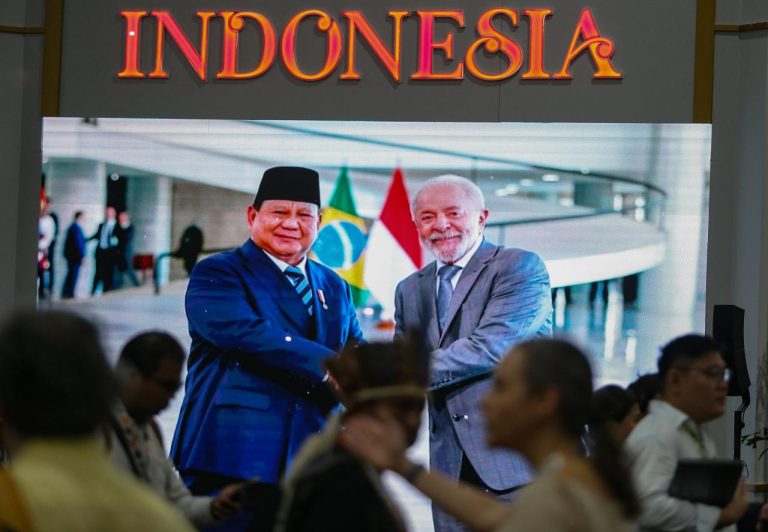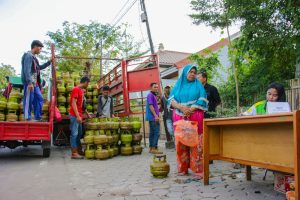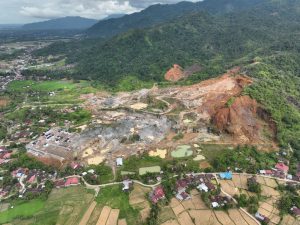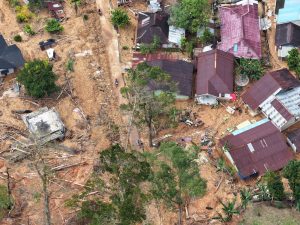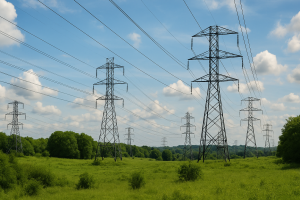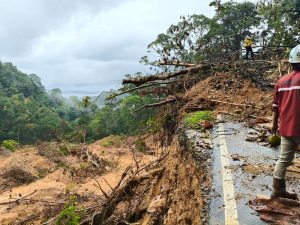Jakarta – The energy transition agenda discussed at the 30th Conference of the Parties (COP30) in Belém, Brazil, is expected to focus not only on emission-reduction targets but also on ensuring that people’s livelihoods are not sacrificed. During a public dialogue entitled “The People’s Voice for COP30” on Monday, 10 November, civil society organisations emphasised that a just energy transition must be community-based and not involve the seizure of land, the sea, or livelihoods.
Torry Kuswardono, Executive Director of the Pikul Foundation and Coordinator of the Secretariat of the People’s Alliance for Climate Justice, believes that the energy transition approach often neglects the rights of coastal communities, fishermen, farmers, women, people with disabilities, and indigenous peoples.
He emphasised that the climate crisis is not only about ecological disasters, but also social injustice. “Climate injustice is not only caused by climate change, but also by the lack of recognition of land rights, discrimination against people with disabilities, and the lack of social protection,” said Torry.
According to him, COP30 must produce real commitments so that the energy transition does not become an excuse to seize land or evict communities from areas they have inhabited for generations.
Similar disappointment came from A Subhan Hafidz, representative of Walhi Bangka Belitung. He said that the energy transition programme in his region actually added to the environmental and social burden. The plan to build a nuclear power plant, he said, was causing concern because it was being carried out in an area whose ecosystem was already vulnerable due to mining activities.
On Pari Island, Thousand Islands, residents feel the direct impact of climate change and coastal development. Asmania, a fisherwoman, says that reclamation and development projects often hide behind the narrative of energy transition, but in reality, they worsen the lives of residents.
“Pari Island used to be known for its excellent marine ecosystem. Now its condition has deteriorated. Tidal flooding often occurs, whereas it never used to,” he said.
Vulnerable groups remain marginalised
From the disability group, the Chair of HWDI South Sulawesi, Maria Un, said that inclusion is often only a formality. The presence of one representative with a disability in a forum is considered sufficient, even though there is no space to speak up or influence policy.
“Access to voice the issues experienced by women with disabilities is not provided. Meaningful participation does not yet exist. Women with disabilities are still very neglected,” she said. She urged COP30 to ensure concrete accommodation, access and protection for persons with disabilities in climate policy.
In eastern Indonesia, indigenous Papuan communities have once again voiced their concerns. Maikel Peuki, a representative of Walhi Papua, said that permits for extractive industries such as palm oil and mining continue to expand deforestation and reduce the living space of indigenous peoples.
“The forests of Papua, known as the lungs of the world, are under threat. Do not issue any more permits that threaten the lives of indigenous peoples,” Maikel insisted.
A group of small-scale fishermen, through the Secretary of KNTI Ternate City, Gafur Kaboli, requested COP30 to strengthen coastal and marine protection. According to him, international decisions should not ignore the groups most affected by climate change, but who enjoy the least benefits of development.
The main desire of activists and climate-affected communities is the same: the energy transition must restore the environment without sacrificing communities. (Hartatik)
Banner photo: Pavilion Indonesia at COP30 Brasil. Photo by Raimundo Paccó/COP30

